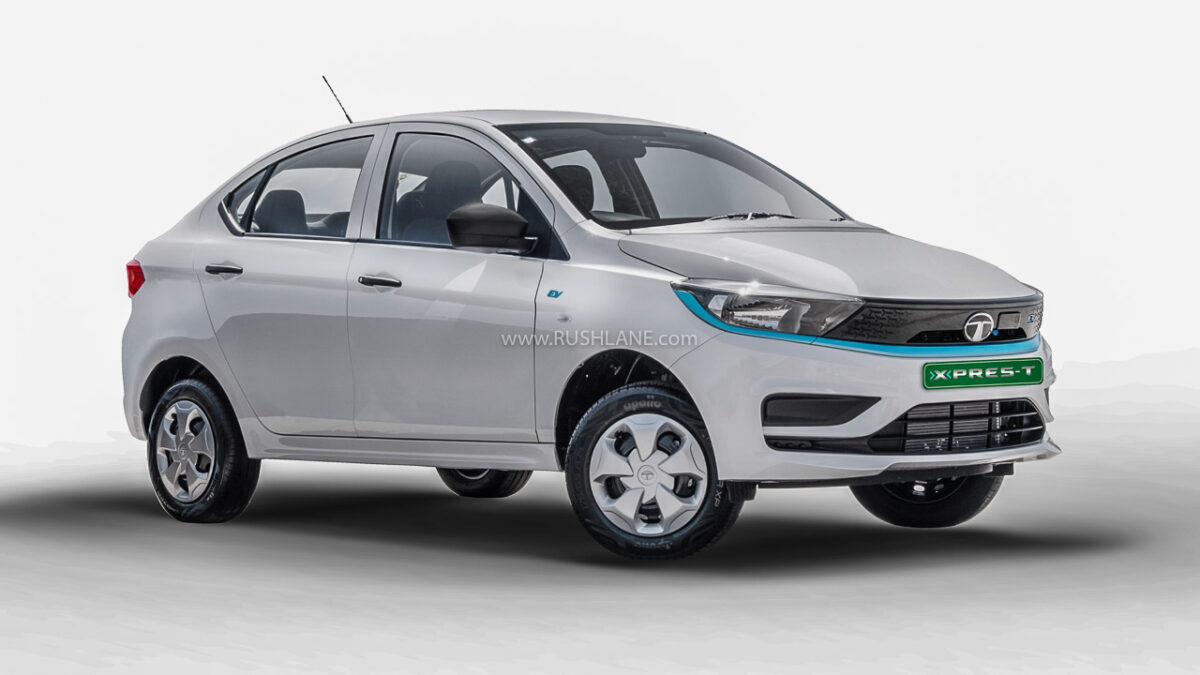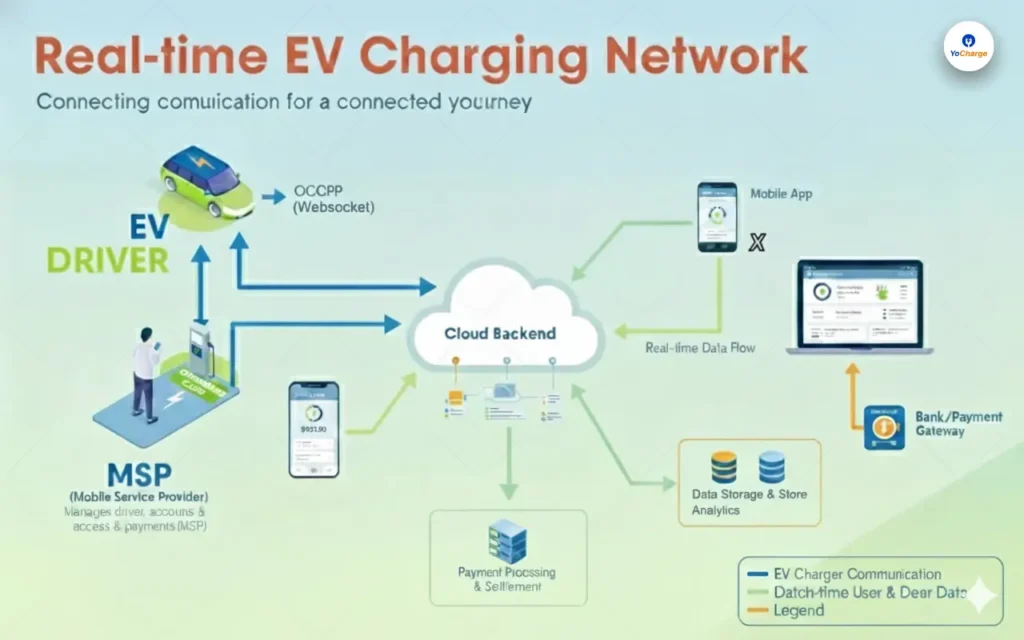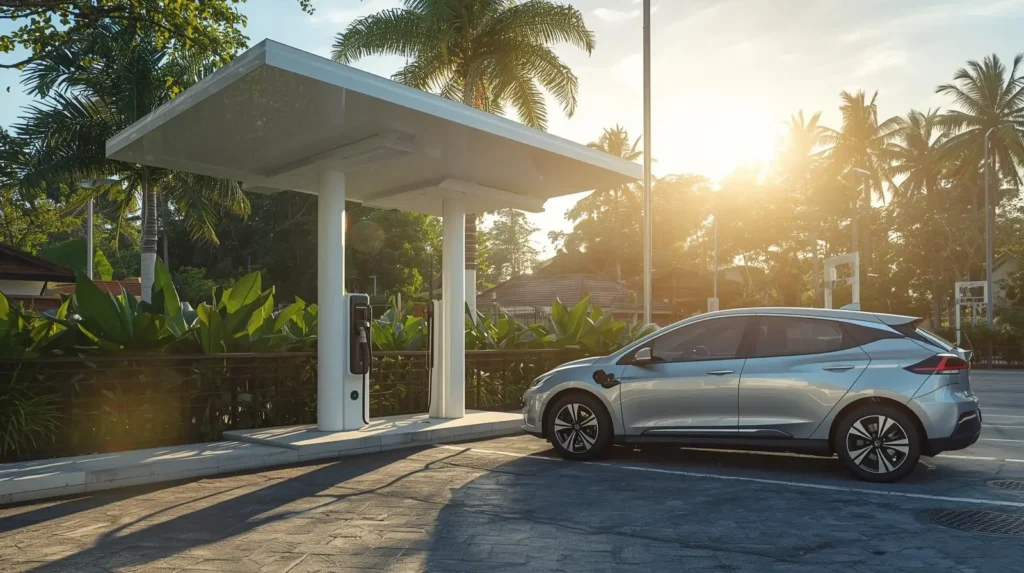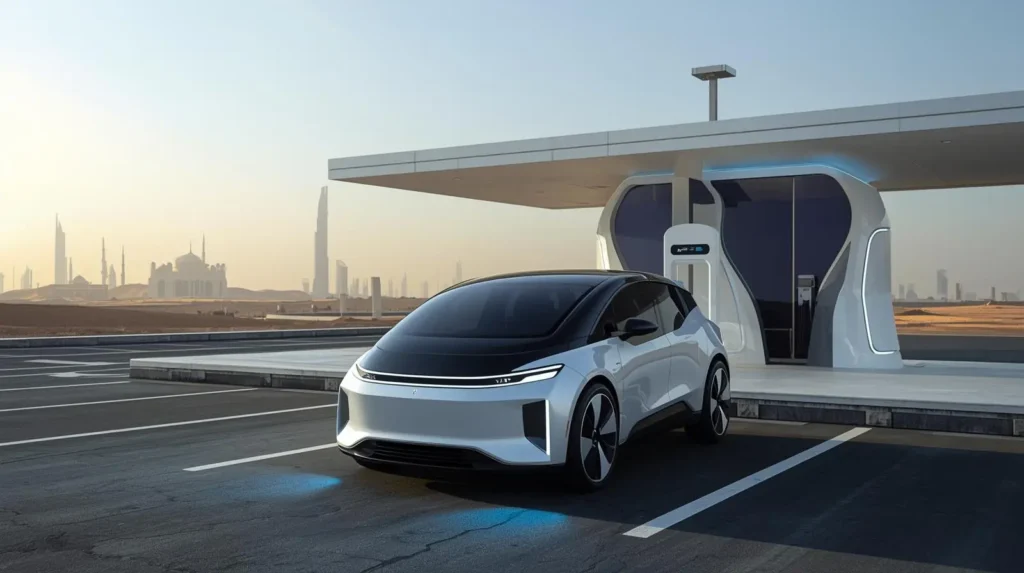The Xpres-T EV was the first vehicle under the new Xpres brand, which the automaker had developed specifically for fleet clients in July 2021. Given that the business has received orders for more than 23,000 units during the last nine months, it is obvious that the initiative has been extremely successful.
Priced at Rs. 13.54 lakh and Rs. 13.04 lakh, respectively, the XPres-T EV has two range options: 213 km (XT+) and 165 km (XM+) (ex-showroom Delhi including DPCC and FAME incentives). With this pricing, the 23,000 Xpres-T bookings come to just under Rs 3,000 crore in total value.

The passenger car division at Tata Motors has had a busy year and continues to experience strong demand for its model lineup. The bulk orders for the fleet-only XPres-T will keep the company’s manufacturing processes running smoothly until 2023 and beyond, in addition to the continued demand for the Nexon EV, India’s best-selling ePV, and the Tigor EV.
Everest Fleet, a provider of shared mobility services, placed the most recent supply order for the XPres-T on December 14 for 5,000 of the zero-emission sedans. Everest Fleet wants to increase its environmental impact by switching from all CNG-powered vehicles to electric mobility.
Tata Motors and Lithium Urban Technologies signed a contract in April for 5,000 units. Tata Motors and BluSmart Electric Mobility, a developer of urban electric mobility solutions, signed a contract for the supply of 10,000 XPres-T EVs on June 6 2022, which is World Environment Day. Including the 3,500 XPres-Ts BluSmart had ordered in October 2021, this is the largest EV fleet order in India.
Following this large order, EC Wheels India produced 1,000 e-sedans for the Kolkata market on July 25. And on October 19, Tata agreed to sell 2,000 XPres-Ts to Evera, the EV- only ride-hailing platform in the Delhi-NCR region. The aggregate orders sums up to 23,000 Tata XPres T sedans for the last nine months.
The XPres-T has a high energy density battery that holds 21.5 kWh and 16.5 kWh, respectively, and can be charged from 0% to 80% in 90 minutes and 110 minutes utilizing fast charging, respectively. It can also be charged conventionally from any 15 A plug point. Single-speed automatic transmission, dual airbags, and ABS with EBD as standard across variants are other product highlights.
While the Nexon EV continues to be the most popular ePV in India, the Tigor EV also attracts a considerable amount of buyers. But in the upcoming months and year, the assembly lines will be kept busy by the increase in XPres-T orders. The XPres- T’s forecast is favorable in the short and long-terms because the majority of the incoming ePV competitors will be in the SUV sector.



